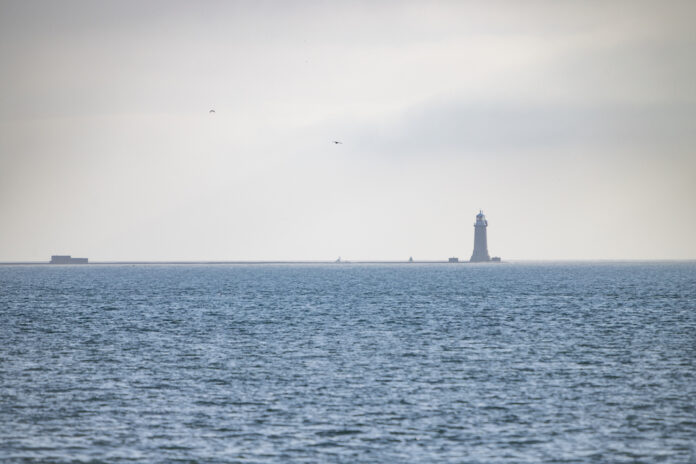See how Plymouth Marine Laboratory uses 5G marine testbed
Vodafone, Nokia, Plymouth City Council and Plymouth Marine Laboratory (PML) have created what they claim is the world’s first marine-focused 5G testbed. The partners have released the names of companies that will run trials at the stretch water they’ve renamed Plymouth Smart Sound (PSS).
The world’s first marine-focused 5G testbed will be powered by a 5G Mobile Private Network (MPN) to provide full coverage across the coastal proving grounds. Vodafone says this ‘state of the art’ connectivity will extend 20 miles offshore from the quayside.
The connection, dubbed Smart Sound Connect (SCC), incorporates a private 4G/5G marine network to provide full coverage across the coastal proving grounds and offshore high-speed communications through a Wave Relay mesh provided by local network integrator Steatite. These aerial and nautical networks, built with Nokia and Vodafone’s capacity, will be integrated to connect the quayside with sensors, cameras and other machinery 20 miles offshore.
Access to these private networks is delivered through high performance remote operations centres based in Oceansgate and the Plymouth Marine Laboratory (PML). The service is fully managed by PML. The first schemes to make use of the 5G environment will be the Marine Assured Autonomy Testbed (MAAT), standards body ROADS (Requirements for Operational Assurance of Data Standards) and The Bounty Project.
The MAAT programme, led by shipping industry ledger Lloyds Register and UK science regulator the National Physical Laboratory (NPL), will create a fully synthetic and virtualised environment to test, prove and assure marine autonomy scenarios by using live data from Smart Sound Connect on a digital platform. This “digital twin” environment will form the basis for a marine autonomy certification and classification programme for autonomous vehicles.
ROADS is an international collaborative programme to develop specific digital standards and measurements. The Bounty Project is an educational and public programme that uses Bounty’s End, a replica sailing vessel with cameras and sensors, to live stream from its voyages around Plymouth Sound to schools and colleges.



